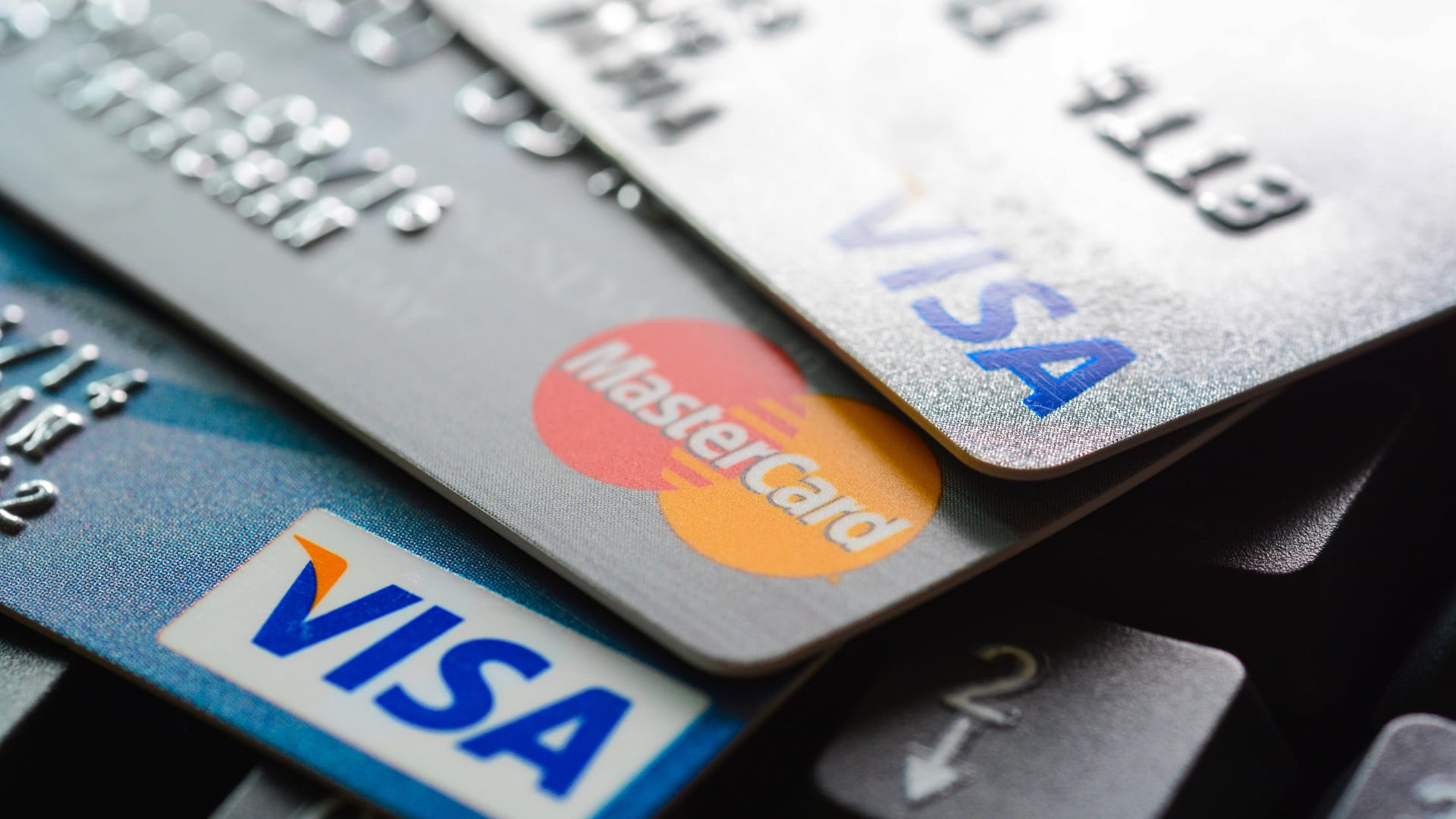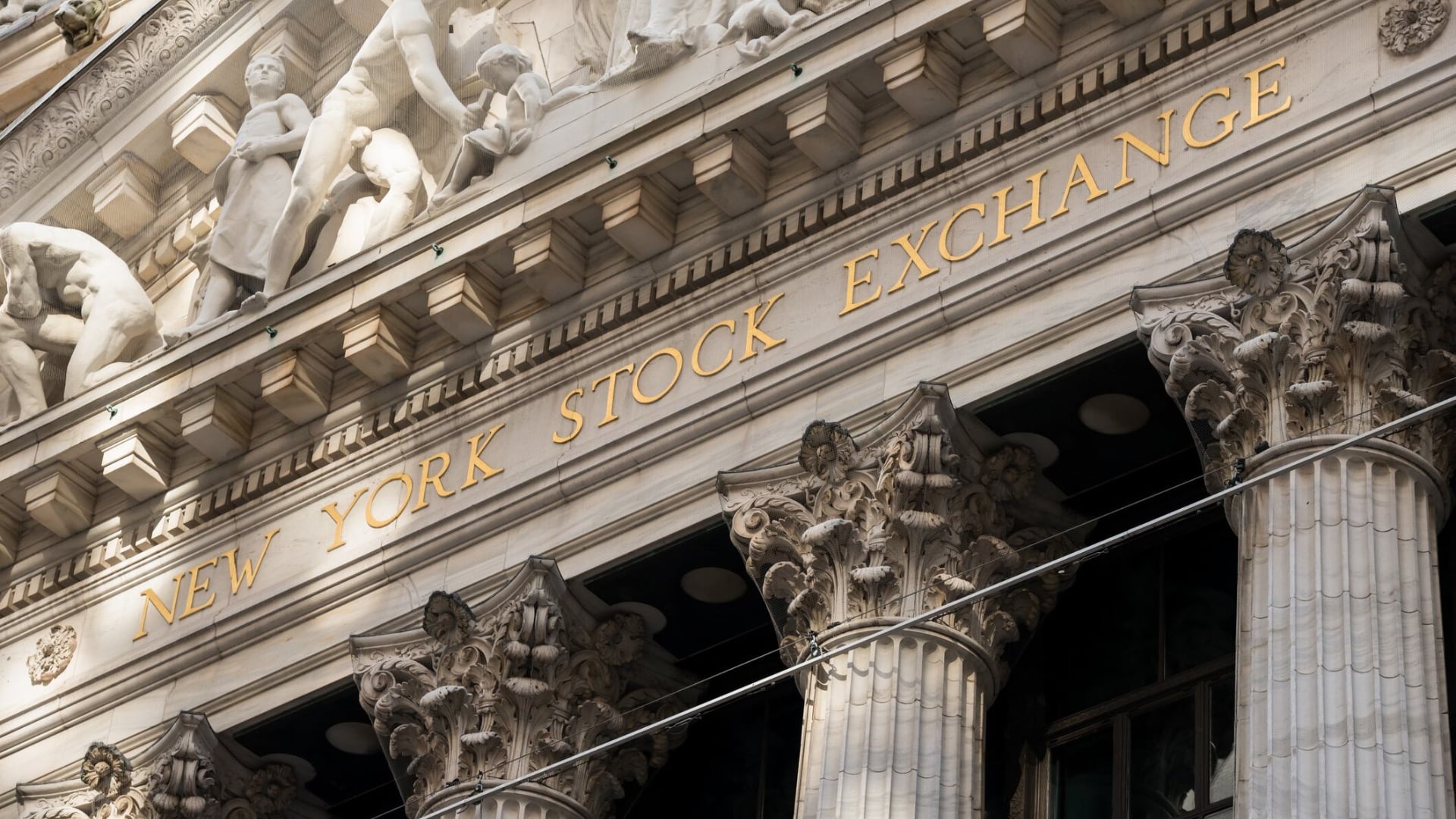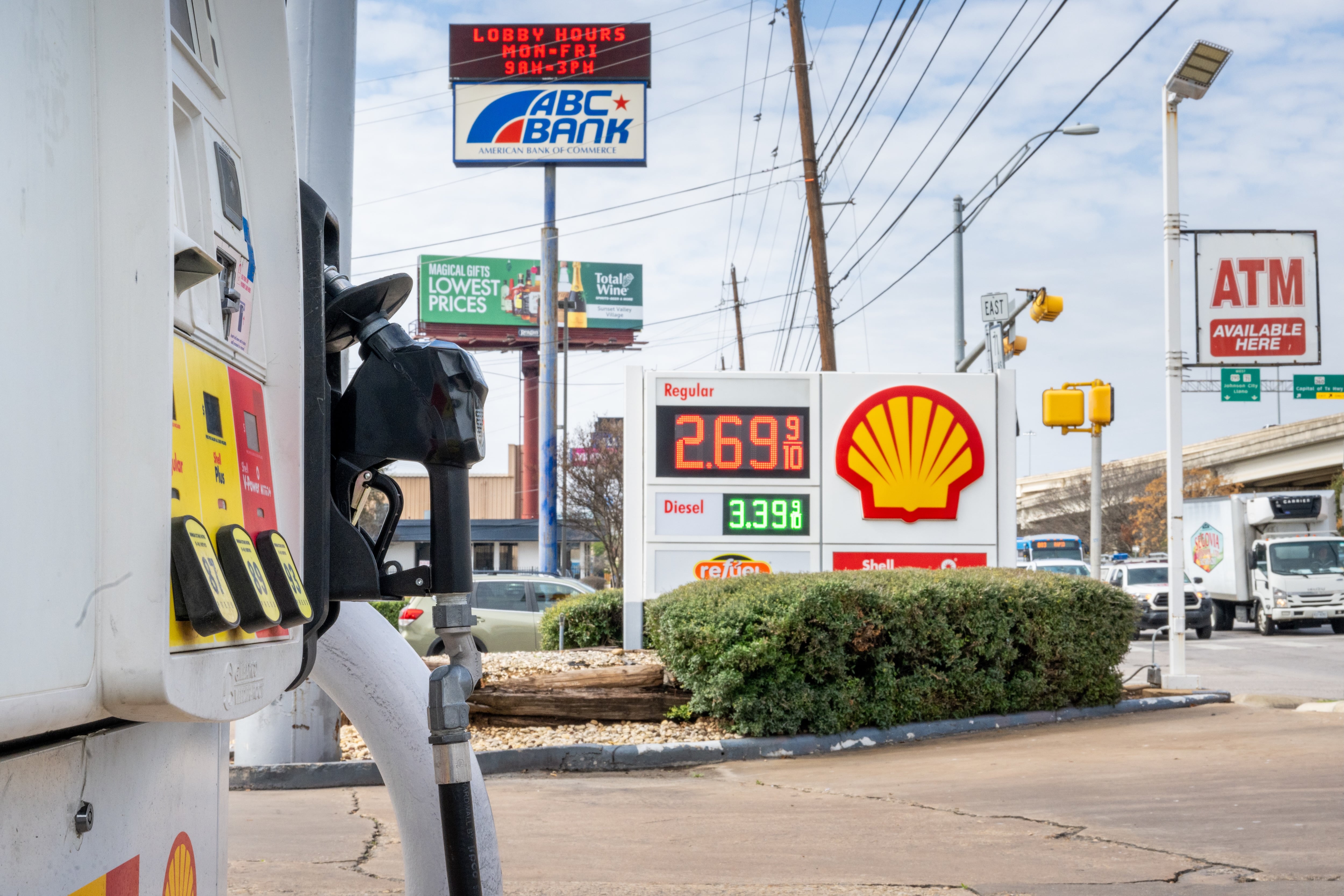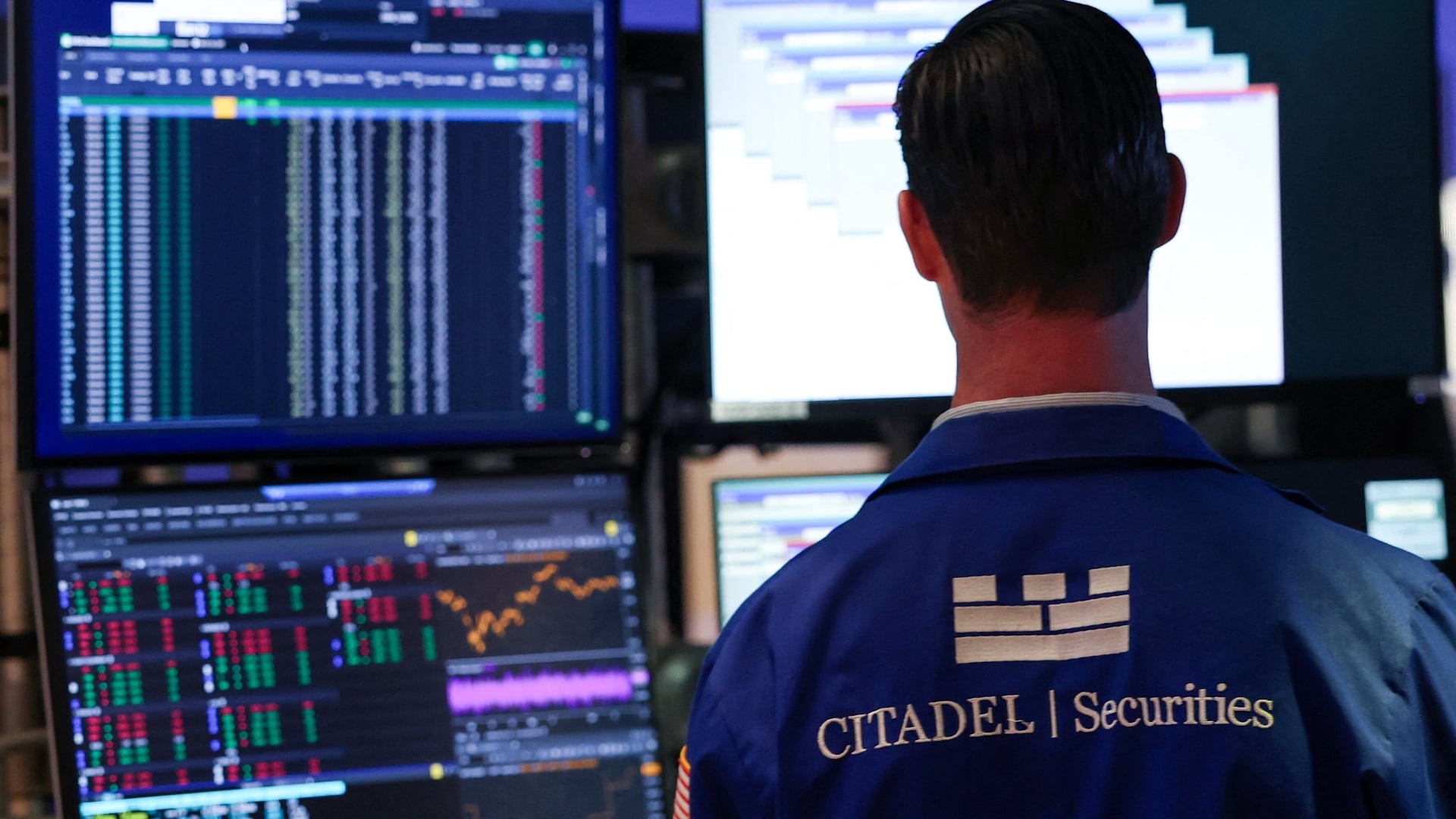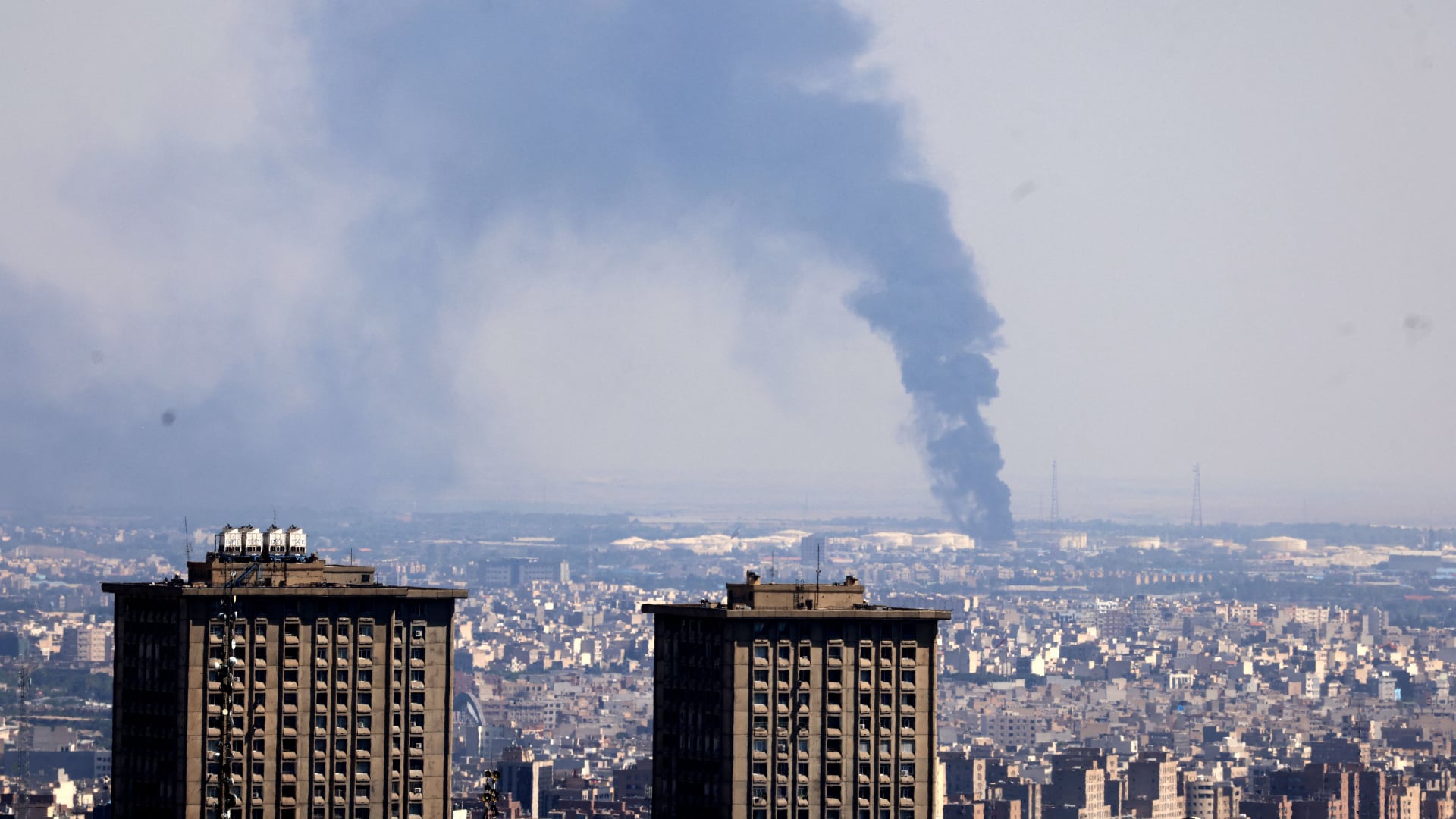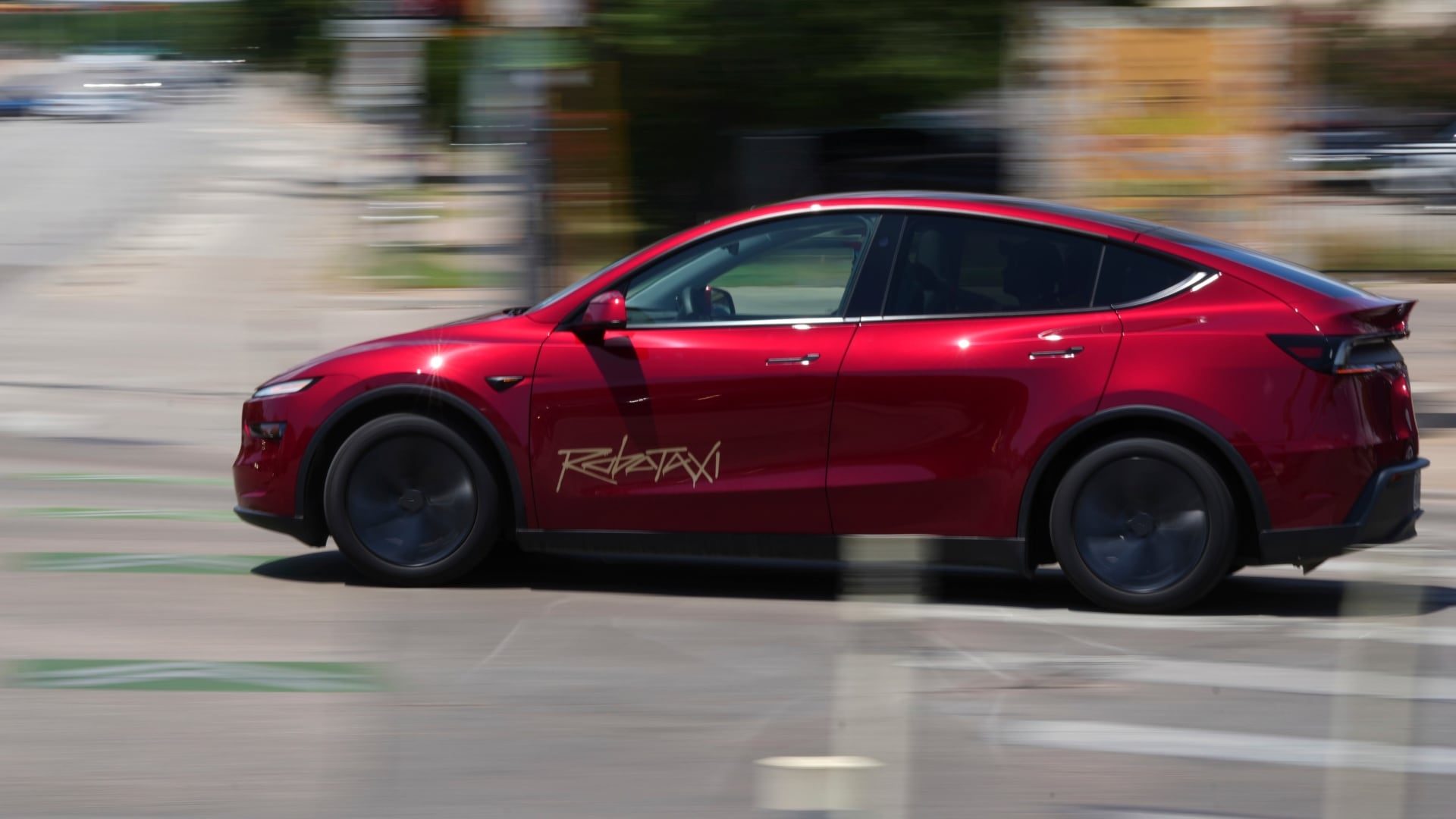President Trump ordered a formal review of the U.S. Postal Service on Thursday, after weeks of saying the online retailer Amazon does not pay what it should for shipping packages. The [executive order](https://www.whitehouse.gov/presidential-actions/executive-order-task-force-united-states-postal-system/) calls for a task force to evaluate the postal service’s “unsustainable financial path.” Though the order doesn’t name Amazon, it does instruct the task force to examine the “expansion and pricing of the package delivery market,” which Amazon and other retailers use for delivery services. In 2017, the USPS reported a nearly $1.8 billion loss in revenue, “driven largely by accelerated declines in First-Class and Marketing Mail volumes,” the postal service [said in a statement](http://about.usps.com/news/national-releases/2017/pr17_069.htm) last year. Revenue from package shipping grew by almost 12 percent, to $19.5 billion. Private shippers accounted for about $7 billion of that revenue, [according to Politifact](http://www.politifact.com/truth-o-meter/statements/2018/apr/02/donald-trump/trump-usps-postal-service-amazon-losing-fortune/). It is unclear how much of that can be attributed to Amazon, which is the largest e-commerce shipper. In his tweets and statements criticizing Amazon, Trump has often tied the company to The Washington Post; the newspaper is owned by Amazon CEO Jeff Bezos. Though the Post, owned by Bezos personally, and Amazon, a publicly traded company, operate independently, Trump attacks both. He often derides the paper as fake news and [accuses Bezos](https://twitter.com/realDonaldTrump/status/889675644396867584) of using it “as a lobbyist weapon against Congress to keep politicians from looking into Amazon no-tax policy.” JD Durkin, Cheddar’s Washington bureau chief, explains Trump’s feud with Amazon and how it affects the USPS.



